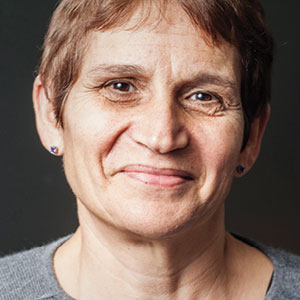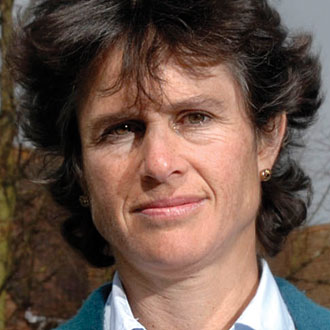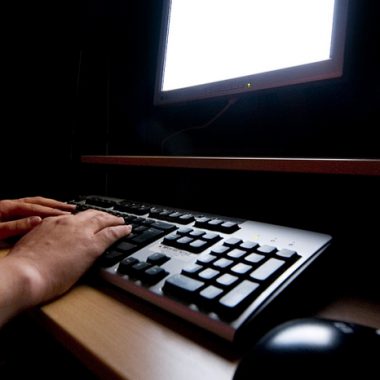
YES
Technology can be transformative. When I started as a GP in the early 1990s we had paper records and no mobile phones. Messages when on call were bleeped to the doctor and we armed ourselves with coins to use public phone boxes during our night calls. Mobile phones transformed our lives. We now need to embrace e-health.
Online consultations are simply another way that patients can interact with their own GP. They do not represent additional work, they replace consultations that would otherwise have taken place on the phone or face to face. For example, our WebGP service, developed at the Hurley Group, directs patients to the practice website where they can choose from a range of structured, condition-based questionnaires, based on what they think might be wrong. If they do not know, they can complete a generic questionnaire that asks them about their symptoms. The questionnaires adapt according to patient responses and can be completed any time and anywhere (home, work, smartphone, tablet). The responses are processed by a GP the next working day.
Our experience has been that each e-consultation takes an average of 2.9 minutes to process. Some 40% of them can be closed remotely – reception contacts the patient with an outcome, which may be to collect a prescription from a local pharmacy. Roughly 20% require a telephone call and 40% need to be seen. But when the patient is seen or spoken to, the consultation is much quicker as the GP has most of the history.
Email is not a solution (and I have been using it with patients for 15 years). It opens a door that is hard to close – unlimited, unstructured access that often results in a to-and-fro dialogue. But e-consultations are structured, ask the right questions and present information to the GP in an easy-to-digest format, and they allow remote closure.
E-consultations are safe and include red flag questions. The system we use is endorsed by all of the defence organisations. They do not represent the whole solution, but we estimate they could shift one-third of consultations out of the consulting room. This gives us more time to spend with the patients who need longer consultations. It gives us time back in our day.
Technology is not about removing our contact with patient, losing continuity or the human touch. It’s about enhancing them and giving us more time to care.
Professor Clare Gerada is a GP in London and former RCGP chair. She is a partner of Hurley Group and a shareholder in Hurley Innovations, which has produced the WebGP eConsult system

NO
E-consultations have been hailed as part of the solution to the increase in GP workload, and burnout and low morale. The Five-Year Forward View has even suggested £45m should be spent specifically to encourage the adoption of online GP consultations.
I am not convinced by this rhetoric. First, the time spent answering the electronically delivered symptoms, however cleverly processed they are by an algorithm, is time I don’t have spare in my day. Am I to decrease my face-to-face or telephone slots in order to respond?
Second, there are big safety issues. What the patients convey online may not be sufficient or accurate enough for me to make the right diagnosis, and I am completely missing non-verbal cues, which we use intuitively, and which contribute enormously to the outcome of the consultation. In terms of my medical defence and potential litigation, how will the e-consultation be recorded, and what are the clinical governance arrangements?
In financial terms, it is not clear whether e-consultations offer value for money for general practice, as my impression is that many GPs remain sceptical about the impact on workload.
Additionally, it would not be suitable for all patients. Our elderly patients may not be digitally savvy enough and there will be a minority without access to the technology.
We are all happy to embrace online booking of appointments and requests for repeat prescriptions as good use of IT, as these are administration tasks, and save time. I do respect the development of patient questionnaires for e-consultations rather than direct email (as there is evidence that email trails can be open ended, and closure is more difficult), but we must not fall into the trap, as NHS 111 did, of assuming that an algorithm can replace a clinician.
It may be that other health professionals in our GP-led teams, such as nurse practitioners and paramedics, can respond to the formulaic, carefully processed questionnaires submitted for e-consultations. But this should not be for GPs. We are the expert generalists, whose skill is with undifferentiated presenting problems. We provide the right kind of service, with just enough medicine for good outcomes, in an amazingly cost-effective way. Let’s value ourselves, acknowledge our mastery and purpose, not spend our time responding to what an algorithm thinks we must do.
Dr Fiona Cornish is a GP in Cambridge and a former president of the Medical Women’s Federation

















